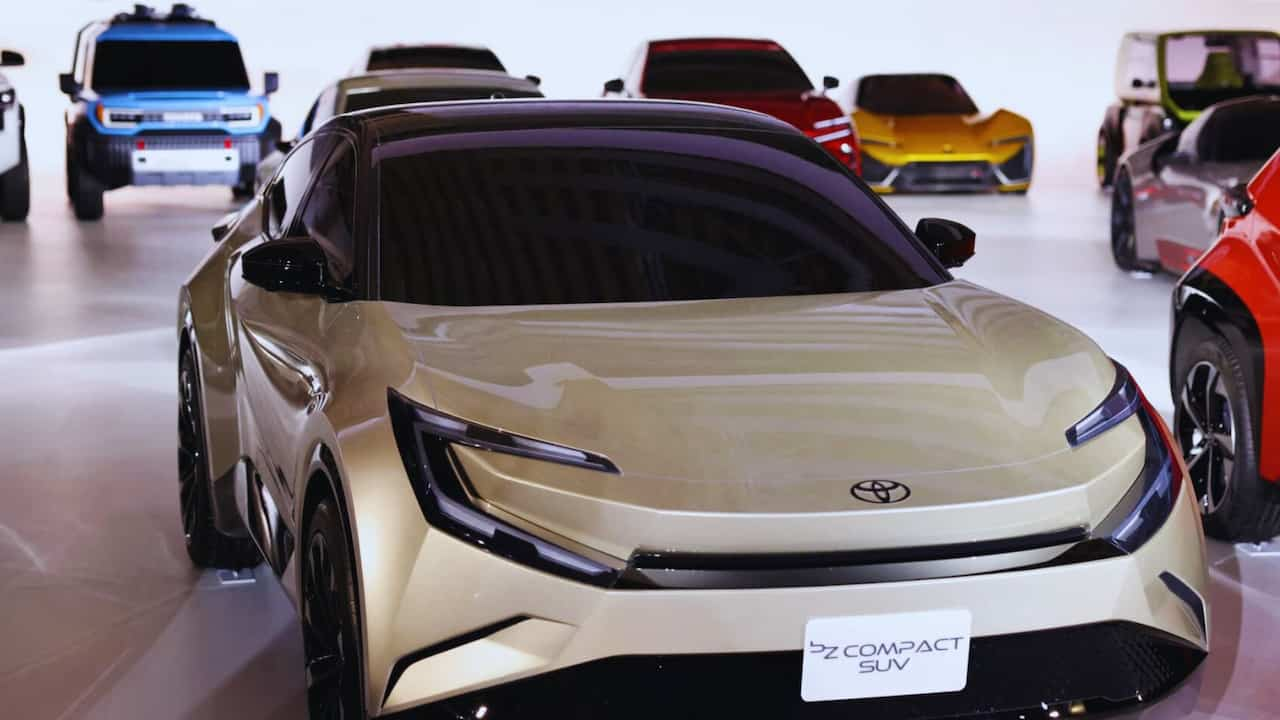Toyota’s Profit Plunge: Global Auto Giant Faces EV Transition and Quality Control Challenges
In a significant development shaking the automotive industry, Toyota Motor Corporation has reported a stark 20% decline in its second-quarter operating profit, marking its first quarterly drop in two years. As your business correspondent, I’m here to break down this crucial story that’s sending ripples through global markets.
Toyota, the world’s leading automaker by sales volume, is wrestling with multiple challenges as it navigates the electric vehicle revolution. The company’s latest financial results paint a concerning picture: operating profit fell to 1.16 trillion yen, missing analyst expectations of 1.24 trillion yen. Even more striking is the net profit, which took a dramatic 55% plunge to 573.7 billion yen from 1.28 trillion yen a year ago.
The numbers tell a clear story of struggle. Sales volume dropped from 2.42 million to 2.3 million units in the second quarter. However, for shareholders, Toyota has expressed confidence in its long-term stability by raising its yearly dividend forecast to 90 yen from 75 yen.
Behind these figures lies a deeper story about Toyota’s cautious approach to the electric future. Chairman Akio Toyoda has sparked debate with his concerns about an all-electric future’s impact on jobs.
“There are 5.5 million people involved in the automotive industry in Japan,” he explained, highlighting the potential job losses in traditional engine-related work if electric vehicles become the only option.
Quality control issues have also plagued the auto giant this year. In September, Toyota faced another setback with a recall of 42,000 vehicles due to brake problems in certain 2023-2024 Corolla Cross Hybrid models. The issue centered on power brake assist problems that could increase stopping distances, raising safety concerns.
The company’s reputation took an even bigger hit in June when it lost a staggering $15 billion in market value. This came after Japan’s Transport Ministry uncovered the use of false data in vehicle certifications, an issue that also affected other major Japanese automakers like Honda, Suzuki, and Yamaha.
Despite these challenges, Toyota maintains its yearly operating profit forecast at 4.3 trillion yen, showing resilience in the face of adversity. The company’s strategy appears to focus on a balanced approach to future mobility rather than rushing headlong into full electrification.
Looking ahead, Toyota faces crucial decisions about its future direction. The company must balance its traditional strengths in hybrid technology with growing pressure to embrace full electrification. At the same time, it needs to address quality control issues to maintain consumer trust.
The road ahead for Toyota involves navigating complex transitions: from traditional to electric vehicles, from quantity to quality focus, and from past successes to future innovations. As the industry leader, Toyota’s decisions will likely influence the entire automotive sector’s direction.
This situation serves as a reminder that even industry giants must adapt to changing markets while maintaining their core strengths. Toyota’s current challenges and responses will likely shape not just its own future but the future of the global automotive industry.
